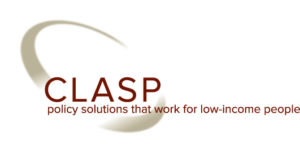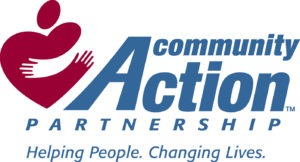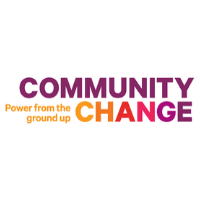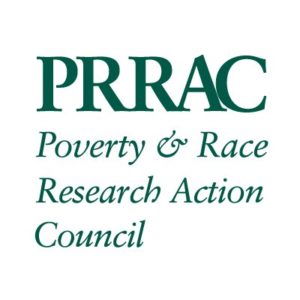Poverty
CHN is committed to promoting policies that will alleviate poverty and provide individuals and families with the resources necessary to not only function in our society, but to end the cycle of poverty for generations to come.
About CHN's Stance on Poverty & Income Security
Americans have a right to expect that their federal government will ensure opportunity and security for all. Poverty has been reduced by about 50 percent since the 1960s when support from programs that provide a basic standard of living is taken into account. Gains from public benefits programs improve the lives of those who directly benefit, and spur broadly shared economic growth.
During the Great Recession and its long aftermath, high unemployment caused millions to need unemployment insurance benefits, an infusion of cash that reduced family hardship and helped the economy to rebuild. But even in the years job growth was sparse, states and the federal government cut back on the months of unemployment insurance and allowed states’ UI funds to decline. While unemployment has gradually declined to historically low levels, federal and state governments should prepare for an eventual downturn by rebuilding the unemployment insurance system so that it can protect workers and help them return to work.
Certain groups are disproportionately likely to experience poverty, and there should be a national commitment to overcome these disparities. Communities of color are poor at about three times the rate of non-Hispanic whites. People with disabilities are poor at about twice the rate of people without disabilities. Concentrated poverty exists in certain urban and rural areas, requiring a comprehensive approach to job creation and community development through rebuilding infrastructure, transportation, and affordable housing, combined with improved and stabilized education, job training, child care, and health care. Youth and young adults must be provided opportunities to attain post-secondary education, including through apprenticeships and other forms of on-the-job training, as well as access to social services, health care, and affordable housing.
Families living in poverty, especially single-parent families, need comprehensive supports to prevent privation and to allow parents to raise their children with the resources they need to thrive and succeed. Temporary Assistance for Needy Families should be part of that package, providing income assistance while connecting families to job training and/or education, child care, and other needed services.
Social Security insures nearly all American workers and their families in the event of a worker’s retirement, death, or qualifying disability. Supplemental Security Income (SSI) provides a basic standard of living for very low-income seniors and people with disabilities. Social Security and SSI together lift more people out of poverty than any other system but need to be strengthened. Overall retirement security is declining, as employer-sponsored defined benefit pensions are disappearing rapidly, and stagnant wages, high levels of debt and reduced home equity have sapped Americans’ ability to save for retirement. And too many families live on a very thin financial margin, with little or no ability to get by if a worker dies or experiences a life-changing disability. Strengthening Social Security and SSI will enhance the economic security of seniors, people with disabilities, and families.
To help fight poverty, we also need accurate, rigorous means of measuring economic security and hardship. This means providing adequate funding for the U.S. Census Bureau, enabling it to conduct accurate decennial censuses and to collect annual local and state data through the American Community Survey, as well as other important research tools such as the Supplemental Poverty Measure.
You can learn more about the positions that CHN takes on various issues reviewing our public policy document.















